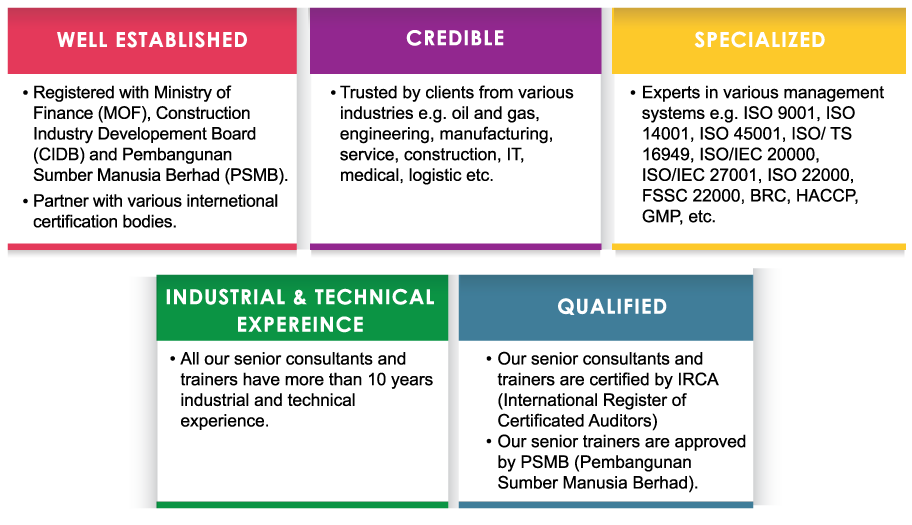BSCI Business Social Compliance Initiative
Posted in ISO Standards

The Business Social Compliance Initiative is a leading business-driven initiative for companies committed to improving working conditions in factories and farms worldwide. BSCI unites more than 1,300 companies around a development-oriented system applicable to all sectors and sourcing countries. BSCI was launched in 2003 as an initiative of the Foreign Trade Association (FTA) in response to the increasing business demand for transparent and improved working conditions in the global supply chain.
BSCI’s 11 Principles of the Code of Conduct
- The Rights of Freedom of Association and Collective Bargaining
- Fair Remuneration
- Occupational Health and Safety
- Special Protection for Young Workers
- No Bonded Labour
- No Discrimination
- Decent Working Hours
- No Child Labour
- No Precarious Employment
- Protection of Environment
- Ethical Business Behaviour
Benefits of Implementing BSCI
Implementing BSCI can bring significant benefits including:
- Reduce risk of non-compliance with labour laws
- Promote health and safety practices
- Reduce customer complaint and enhance customer satisfaction
- Meet relevant regulatory requirements and customer expectations
- Demonstrate commitment to be more environmentally friendly
- Improve organization’s reputation through documented business ethics policy
How Can Nexus TAC Help?
Nexus TAC provides BSCI system training and consultancy services. We offer specialized expertise and extensive practical experience to assist client in developing management systems from the initial concept to establishment and successful implementation of the management systems.
We use the following consultation approach to assist you in achieving certification:
- Identify areas requiring improvement or development within your current Management System
- Prepare a strategic action plan, in conjunction with your company personnel, to address those improvement areas and assist with the communication of these requirements to key personnel at all levels
- Provide system-related trainings for your company personnel to create awareness and provide them with the necessary knowledge and skills in the implementation of systems
- Provide assistance and advice on the development and implementation of systems, including preparation of documentation
- Advise and assist, if required, with the preparation and submission of applications to your certification body
- Assist with the development of internal auditing procedures and training
- Conduct internal audit to ensure the effective implementation of the management system prior to final audit by your certification body
- Conduct Management Review Meeting to review performance of management system and identify areas for improvement prior to final audit by your certification body
Click Here To Request For Quote


